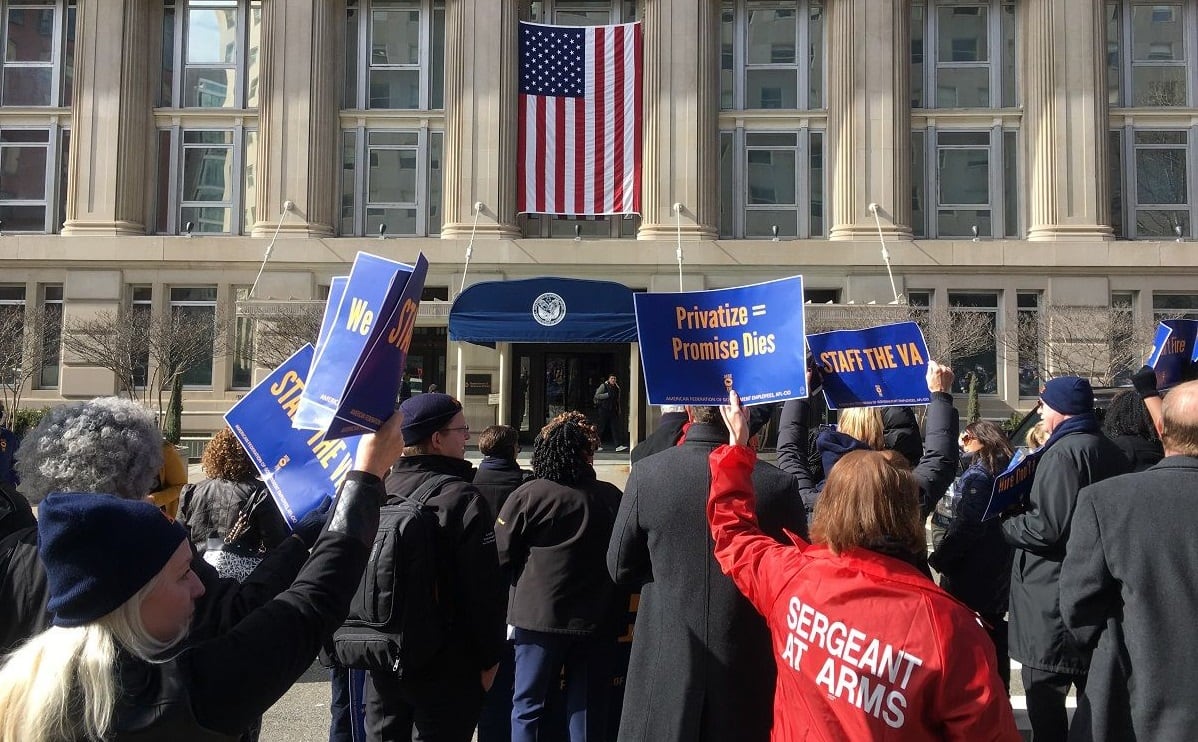MINOT AIR FORCE BASE, N.D. — First Lt. Dawn Sanderson, a 25-year-old nuclear officer who works 24-hour shifts in the Air Force's underground missile-launch command posts, admits that there is a funny smell down there.
"It's not even a bad smell, it's just a different smell," she says.
"My wife says she can smell it on my clothes," said Capt. Derek Arnholtz, another Air Force launch officer at Minot Air Force Base in North Dakota.
"It's a brine smell," said Maj. John Hundley, who said he believes the faint odor derives from the salt solution used in the antiquated climate-control system.
The cleanliness, air quality and general quality of life inside the launch facilities buried 60-feet underground are getting new attention from the Air Force.
To start, with, each of the 45 launch control centers is conducting the "deep clean" for the first time since their construction began in 1962, Air Force officials say.
Civilian cleaning crews are dragging high-powered vacuum tubes down the shafts leading to the highly classified subterranean work stations, suctioning dust and debris and scrubbing grime from every corner of the facilities that have been in 24-hour-a-day use for decades.
The launch centers that control the nation's arsenal of 450 Minutemen 3 missiles and their nuclear-tipped warheads are apparently so filthy that the junior officers working the shifts during the cleaning process are wearing respirators and expressing dismay about how truly dirty their workplaces have become over the years, Air Force officials say.
"They're like, 'There was just gobs of dust falling on me'" said Sanderson, a launch crew officer who's helping to oversee the cleaning that began in October. "And also, like, cleaning out the chairs, I've heard some stuff about that — they don't like seeing what is coming out of the chairs … the griminess of the daily living in the chairs … we sit in them 24 hours a day." Sanderson said.
Some of the chair cushions may soon be replaced, Sanderson said.
The unprecedented cleaning effort is emblematic of the Air Force's broader effort to fix the community that operates the Intercontinental Ballistic Missile after a crisis in morale and cheating scandal that shocked military and civilian leaders across Washington.
Once a Cold War-era pillar of the national security apparatus, the ICBMs have fallen out of favor among those inside and outside the military as newer, more timely problems like terrorism and cybersecurity garner the most attention, money and prestige.
Today the missileers' career field is undesirable for many airmen. It requires repeated assignments to remote air bases in often frigid Western states where the missile silos are scattered across Montana, Wyoming and North Dakota. It can require 24-hour shifts in the launch control centers standing ready for a commander in chief's order that has — so far — never come. And many airmen say missileers are less competitive for promotions compared to their peers in the conventional Air Force.
The dismal morale in the ICBM community has come to a head during the past two years amid reports of widespread cheating on tests, drug use and a failed safety and security inspection at Malmstrom Air Force Base, Montana. In March, the Air Force took the extraordinary step of firing nine mid-level nuclear commanders and disciplining dozens of junior officers who were involved in the cheating scandal.
The deep clean for the launch capsules was among dozens of new measures that Defense Secretary Chuck Hagel announced on Nov. 14, when he visited the airman at Minot.
"I know sometimes it seems that you, your families, are taken for granted. You're not," Hagel told a group of about 200 airman from the nuclear field at Minot.
"Deep cleaning launch control centers, upgrading all our equipment, new equipment in every area, new vehicles, facility repairs. … These are issues that are being dealt with now. We'll continue to deal with them. They're tangible. We can see some results. But they're only the front end of many of the bigger issues, challenges we still need to get to, Hagel said.
The next day, Hagel said" It will take years of committed action to fix problems that have accumulated over many years."
The launch control centers have their own air, water and power supplies and were designed to be a survivable command-and-control centers in the event of a full-scale nuclear war. Teams of two launch officers work 24-hour shifts with "launch keys" stored in a locked steel box. Each of the 45 launch capsules controls 10 Minutemen missiles in nearby silos.
For years, cleaning the launch control centers was left up to the airman who operated them, said Lt. Col. David Rickards, the deputy commander of the 91st Operations Group at Minot.
"We can clean what we can reach. And that gets done every day. We vacuum and we scour and scrub — what we can reach. But every so often, when you have to access parts of the capsule, you realize that 'Wow, there really is some accumulated dust and dirt and grime that need to be removed.' So that was part of the impetus behind the cleaning contract," Rickards said.
The initial cleaning contract totaled $378,000 and after the "deep clean," Air Force officials plan to set aside $125,000 annually for cleaning and upkeep.
Air quality in the capsules has posed a health threat in at least one case.
Air Force investigators said in March that a two-person crew in a launch control center at Minot felt ill from fumes created by a refurbishment project, but the crew remained at their post because they believed the commander would discipline them had they left, according to a report by The Associated Press.
The two launch officers were hospitalized, according to the report. The commander of that missile squadron, Lt. Col. Jimmy "Keith" Brown, was relieved of command in early November "because of a loss of confidence in Brown's ability to lead his squadron," Air Force officials said.
Sanderson noted that the incident that caused the officers to get sick was not directly related to the new cleaning effort, which began in October.
The cleaning chemicals used for the deep clean have been approved as environmentally safe, Sanderson said.
"This has not caused any kind of issues as far as that is concerned," she said.
The current cleaning effort does not include the air circulation system for the launch capsule.
"We didn't necessarily address the environmental control system and the intake and outtake of the air in this contract," Sanderson said.
But that may be next on the to-do list. Air Force contract officials are working on getting a follow-up service to "address more issues like getting in there and cleaning out the airways so all that dust doesn't accumulate over the years. So that is being addressed," Sanderson said.
Andrew Tilghman is the executive editor for Military Times. He is a former Military Times Pentagon reporter and served as a Middle East correspondent for the Stars and Stripes. Before covering the military, he worked as a reporter for the Houston Chronicle in Texas, the Albany Times Union in New York and The Associated Press in Milwaukee.





